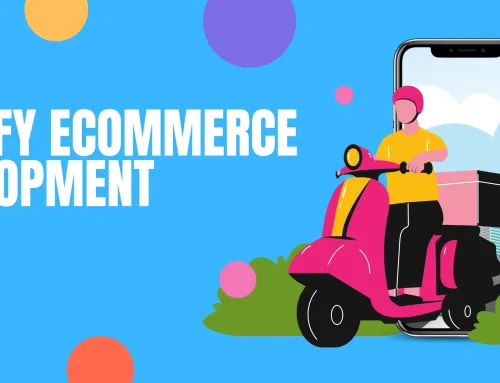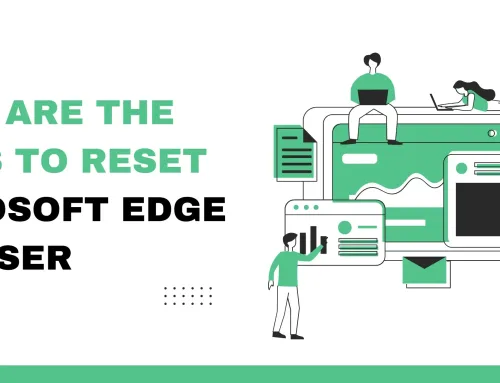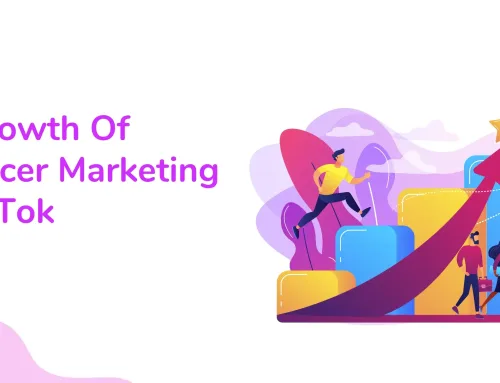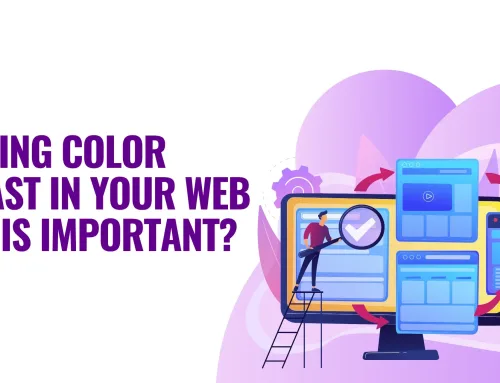There are all sorts of challenges that small businesses must face, and one of the biggest challenges in this day and age is an information technology (or IT).
Owing to the fact that technology has become so closely integrated with the way modern businesses work, every company needs to think carefully about how they set up and maintain their IT infrastructure.
IT is such a broad field that there are all kinds of things that a business needs to consider.
Many businesses opt for partnering with an IT support provider, or a managed service provider – for example, TechQuarters is one of the top providers of IT Support Services in London which small businesses can partner with, and they told us some of the top challenges they can face with their IT.
1. Integrating technology
The rate at which technology evolves gets quicker and quicker, and the available IT solutions and tools for businesses become more diverse and sophisticated. Integrating new technologies is a popular solution, as all businesses want to stay ahead of the curve when it comes to technology.
However, tech integration needs to be thought out properly; for example, some new technologies might have compatibility issues with a business’ existing hardware. What is more, integrating new technologies can be a costly process.
2. Security Risks
Unfortunately, the frequency of cyber-attacks is always increasing, and so is the sophistication of the cyber-attacks. Because it is usually attacked on big companies that get most of the publicity, small businesses can often be lulled into a false sense of security, thinking that they are less of a target due to their size.
The reality, however, is that any business – big or small – can be a victim of cybercrime. Small businesses are becoming a more frequent target for hackers and cybercriminals.
A small business should take the time and effort to assess their whole infrastructure and develop an IT security strategy that is suitable for their company, and their budget.
3. Software lifecycles
Software is incredibly important for businesses, and software updates come thick and fast nowadays. Developers are always looking to release patches and updates to improve the performance of their products, and also to close vulnerabilities they may have discovered.
Eventually, a version of the software will be replaced altogether for the next generation, which will cost the same as, if not more than the previous version to purchase – once this happens, the company selling the software will begin to phase out support for the older versions of their software.
Businesses can easily be caught off guard by the end of a software’s lifecycle – it is an ongoing challenge for small businesses to monitor the lifecycle of all of their software, and be prepared for the time when they will need to upgrade or replace products.
4. Scaling your IT
The lifecycle of your entire IT infrastructure is another challenge that small businesses need to contend with. When you start out with a business, you will naturally adopt IT tools and solutions that are appropriate for the size and purpose of your business.
However, it is also important to take into account the future growth of your business, and whether the IT systems you are implementing will remain effective after that growth.
This is known as scalability; some tools and solutions may only be useful for a business with up to a certain number of employees, after which is becomes costly and unable to cope with the demand.
5. Backup services
As mentioned above, small businesses can be a victim of cyberattacks just the same as large businesses – they are just as much at risk of having their data stolen or held for ransom by a cybercriminal.
What is more, there are many other ways in which a business might lose critical data – such as in the event of a disaster scenario, such as a flood, an earthquake, or a fire.
For all these reasons, small businesses must put in place an appropriate backup strategy. The logistics of a backup strategy can sometimes be complicated, and it requires experience to set one up properly.
6. IT Support & Managed Service Providers
All of the challenges listed above are things that an IT support provider or a managed IT service provider will be able to help a small business with.
In many ways, partnering with a provider, and acquiring their services through a subscription model, is the most cost-effective way for a small business to make sure their IT infrastructure is as agile and fit for purpose as can be.










